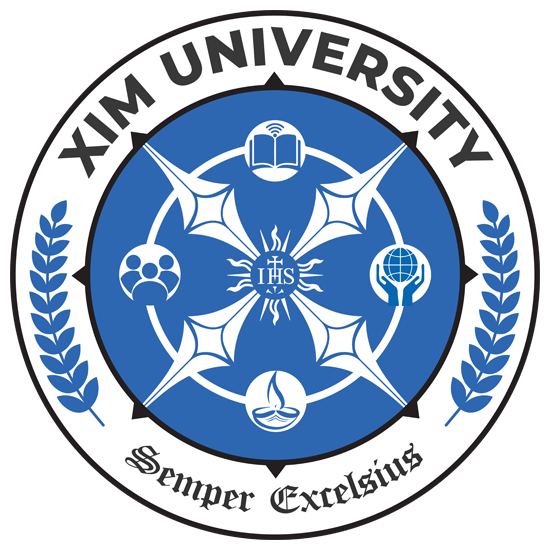MBA-Sustainability Management
MASTER’S PROGRAM IN SUSTAINABILITY MANAGEMENT (MBA-SM)
OFFERED BY SCHOOL OF SUSTAINABILITY
The minimum requirement for admission to the Program is a three-year Bachelor's Degree (or equivalent) in any discipline with at least 55% marks in aggregate from a recognized University. Candidates who expect to complete the final part of their degree examinations by June 15, 2025, can also apply. Offers of admission to such candidates, if made, will be provisional and will be automatically cancelled in the event of their failing to complete all the requirements for obtaining the degree before June 15, 2025.
Applicants are required to take any one of the Admission Tests:
a) XAT to be conducted by XLRI, Jamshedpur, on January 05, 2025, OR
b) CAT to be conducted by IIMs on November 24, 2024, OR
c) NMAT by GMAC to be conducted during November – December 2024, OR
d) GMAT conducted or to be conducted in 2023 or 2024, OR
e) XGMT (XIM General Management Test) to be conducted by XIM University on January 25, 2025.
Candidates who have secured the 1st, 2nd or 3rd position (i.e., any of the top three ranks, at the College / Institute / University) in their undergraduate program can apply, without a XAT/CAT/GMAT/NMAT score. Such applicants must submit a certificate from the Head of the Institution to that effect when asked for. They will, however, be required to attend the Personal Interview, if called.
Applicants opting for XAT/CAT/GMAT/NMAT are required to follow the XAT/CAT/GMAT/NMAT advertisements respectively and apply in time. Registering for XAT/CAT/GMAT/NMAT is a prerequisite for applying to XIM University's MBA-SM program, if not opting for XGMT.
Applicants also have to fill up the online application form separately for XIM University program at: www.xim.edu.in . Upon successfully filling the online application form and paying the relevant application fee, the applicant will be intimated by email about the acceptance of the form.
It may be noted that besides registering for XAT/CAT/GMAT/NMAT, one has to apply (online) separately to XIM University.
The Institute will decide the section-wise as well as total cut-off marks which will be used for short-listing the candidates to be called for Writing Ability Test, Group Discussion and Personal Interview. WAT, GD & PI will be held in Bangalore, Bhubaneswar, Delhi, Hyderabad, Kolkata and Mumbai (if held offline). Candidates will have to meet their own travel expenses for appearing in the Interview session.
Please note that the modalities of the shortlisting/selection process will be shared with the candidates in due course. The final selection will be made on the basis of the candidate's performance in the XAT/CAT/NMAT/GMAT/XGMT as well as in the Writing Ability Test, Group Discussion and Personal Interview (which factors in the past academic record and relevant work experience). The selected candidates will be informed by mail in the month of April 2025.
The program will begin by the first week of June 2025 for the first year students. At this time the students will be given a Manual of Policies and Regulations which will be binding on them.
The last date to fill up the application form is December 23, 2024.
Online Application is Closed…
Application will open shortly…

Admission Related
Email: [email protected]
Program Related
Email: [email protected] / [email protected]
To know more about MBA-SM program visit : https://sos.xim.edu.in/academic-programs/pg-program-mba-sm/
